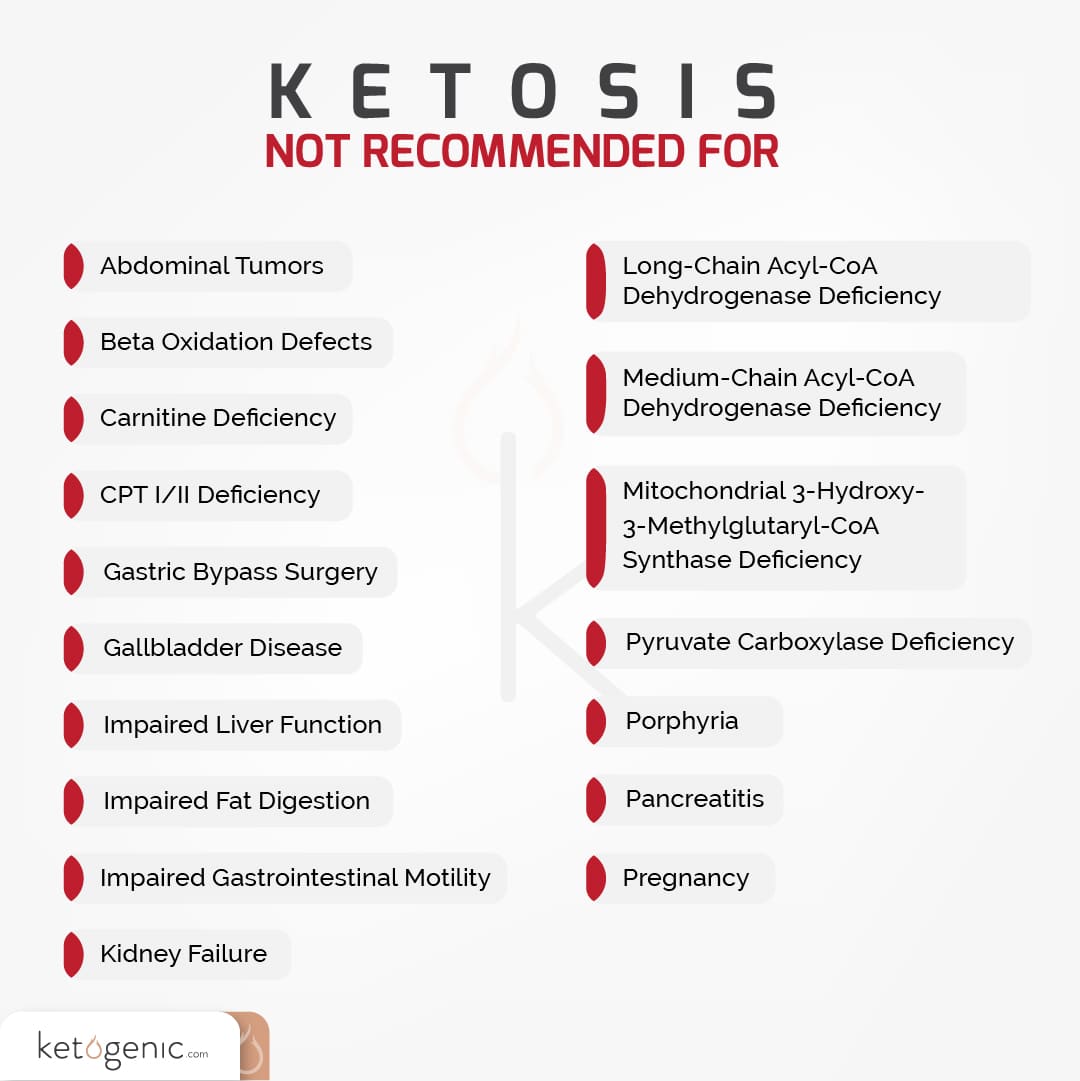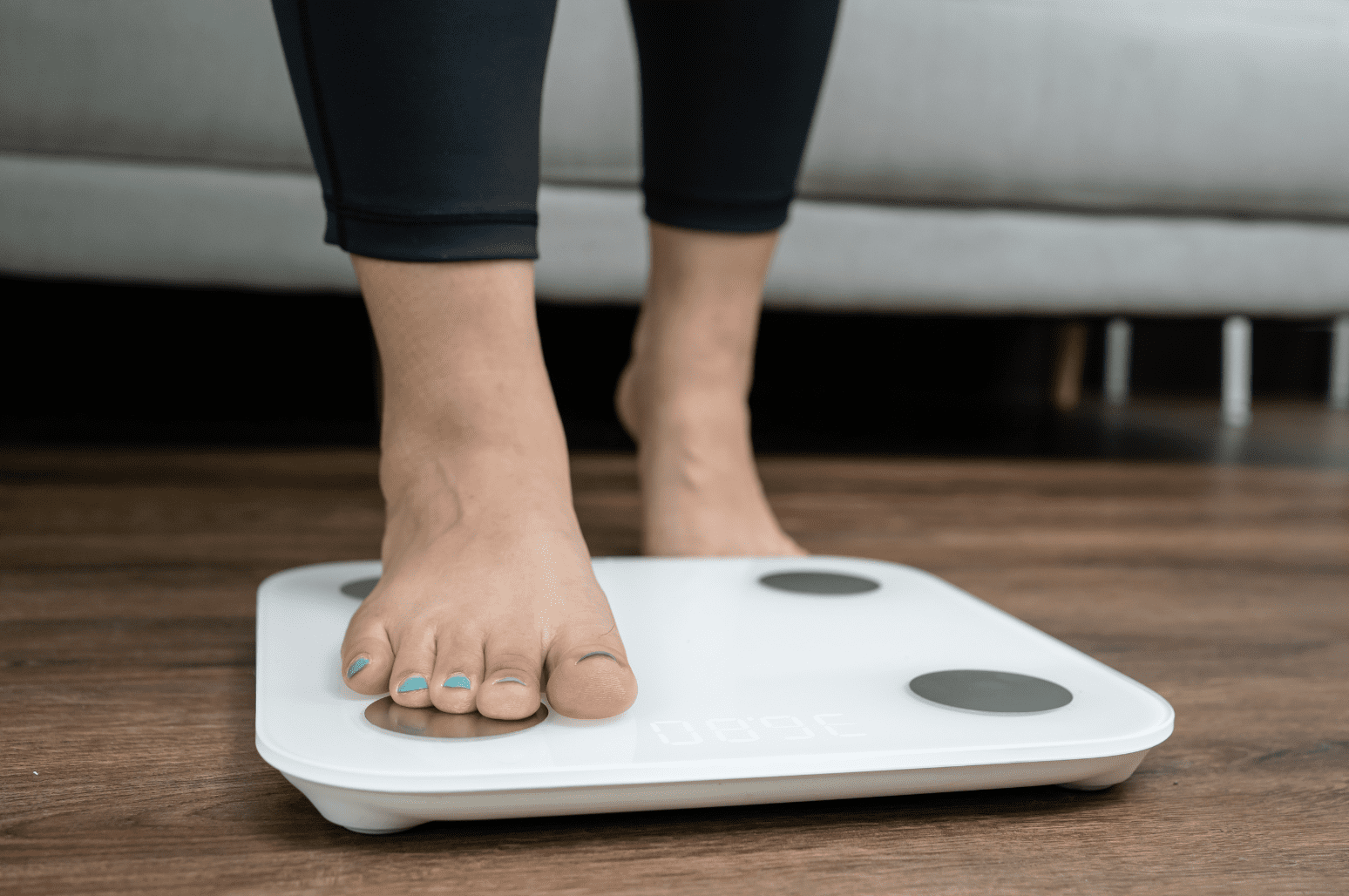
The ketogenic diet is everywhere. You can’t walk into a grocery store without seeing a new keto-friendly item or a magazine cover raving about ketogenic weight loss transformations. Everyone is talking about the ketogenic diet, but few people are explaining what exactly keto is.
What Is Keto?
Keto, or the ketogenic diet, is a low-carb, moderate-protein, high-fat diet. This way of eating revolves around limiting your carbohydrate intake so that your body begins to break down fatty acids for fuel.
The average American consumes 200-300g of carbohydrates a day. The human body breakdown these carbohydrates into simple glucose molecules that can be used for energy.
The ketogenic diet limits carbohydrate intake to around 20-25g (on average) a day. This shift in fuel supply causes the body to go into the metabolic state known as ketosis.

What Keto Is NOT
1) The ketogenic diet is not a high-protein diet
The traditional/standard ketogenic diet is a moderate-protein diet. This means that around 25-35% of your total daily calories will come from protein. These traditional percentages can be manipulated to fit various needs, so some individuals may consume high quantities of protein. However, it is a common misconception that keto is a high protein diet.
2) Ketosis is not a product or pill
There is a common trend that most diets require specialty products or pills. For example, if you are following the Atkins diet, you will buy Atkins products. If you are following a specific 21-day shake diet, you will buy specifically those shakes. The ketogenic diet doesn’t require any special products.
There is no need to purchase expensive meals or products on the ketogenic diet. Stick to high-quality protein sources (like beef, chicken, and seafood), fibrous leafy greens (spinach, broccoli, kale, etc), and high-quality fats (ghee, avocado oil, coconut oil, etc).
As for diet/keto pills, they should be avoided. Keto pills are a complete scam and do not in any way, shape, or form contribute to being in a metabolic state of ketosis. For more information on these diet pills, check out some of our articles here:
- Shark Tank Keto Pills: How to Spot a Scam
- Shark Tank Keto Pills Strike Again on Instagram
- What To Do If You Were A Victim of the Keto Diet Pill Scam
3) Keto is not the right solution for everyone
While research does show the adopting a ketogenic diet can have numerous therapeutic effects for everything from Parkinson’s Disease, to cancer, to even the flu, keto is not the right solution for everyone.
The keto diet is contraindicated for multiple conditions including but not limited to: fat metabolism disorders, porphyrias, pyruvate kinase deficiency, primary carnitine deficiency, carnitine palmitoyltransferase deficiency, carnitine translocase deficiency, pancreatitis, and liver failure. [1]

4) Keto does not defy the laws of thermodynamics
While the ketogenic diet is a powerful tool for weight loss, it does not defy the laws of thermodynamics. Simply put, you can not eat in a caloric surplus and expect to lose weight on keto. A caloric deficit (consuming fewer calories than you burn) is the key to weight loss.
The ketogenic diet is beneficial because it puts you at a metabolic advantage. Research shows the keto improves satiety (so you eat less,) maintains muscle mass (which burns more calories), and improves hormone balance.
References
Masood W, Annamaraju P, Uppaluri KR. Ketogenic Diet. [Updated 2020 Dec 14]. In: StatPearls [Internet]. Treasure Island (FL): StatPearls Publishing; 2021 Jan-. Available from: https://www.ncbi.nlm.nih.gov/books/NBK499830/








